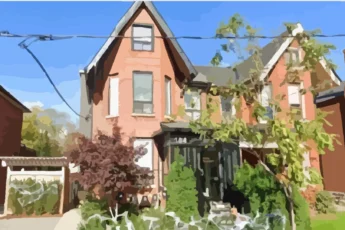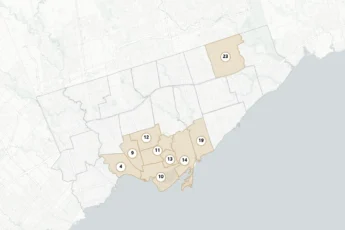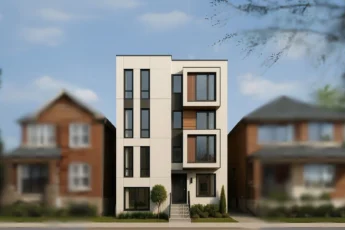Analyzing Toronto’s Proposed Renovictions Bylaw: What It Means for Property Owners and Tenants
Toronto’s proposed Renovictions Bylaw has moved one step closer to becoming reality after receiving unanimous approval—with amendments—from the Planning and Housing Committee on June 13th.
The bylaw aims to address the growing problem of “renovictions” across the city, where tenants are forced to leave under the pretext of major renovations.
In this article, we explain what the proposed rules could mean for property owners, tenants, and the future of Toronto’s rental housing market.
Key Details of the Bylaw
The Purpose of the Renovictions Bylaw
The primary goal of Toronto’s Renovictions Bylaw is to protect tenants from wrongful evictions disguised as renovation projects. This initiative comes amid rising concerns about tenant displacement and the ongoing loss of affordable rental housing.
You Might Also Like: How a Toronto Property Owner Overcame a RentSafeTO Audit Violation
How the Bylaw Impacts Property Owners
Challenges for Landlords
If passed, the new rules could create several challenges for property owners:
- More Administrative Work: Landlords will need to provide detailed proof and navigate additional city processes to justify tenant evictions.
- Delays in Renovation Timelines: The need for city-approved permits and documentation could slow down projects and increase costs.
Potential Drawbacks
While the bylaw intends to help renters, it could also have a few unintended effects:
- Less motivation to renovate: Some owners may decide not to improve older properties because of the added rules and waiting times.
- Possible Rent Increases: Landlords might offset new administrative and compliance costs by raising rents for new tenants once renovations are complete.
Insights and Recommendations
Staying informed about the bylaw’s progress and requirements will be crucial for all Toronto landlords. If tracking regulatory changes feels overwhelming, professional assistance can help.
Consulting with a landlord-tenant lawyer can ensure you remain compliant and avoid legal issues. Alternatively, partnering with an experienced property management company can simplify the process.
At LandLord Property & Rental Management, our team provides full-service support — from overseeing renovations to managing tenants — helping owners stay compliant while maintaining property value.
Statistics on Renovictions in Toronto
Toronto has seen a significant increase in renovictions in recent years.
According to a report by ACORN Canada, between 2017 and 2021, Ontario experienced a 70% rise in N12 eviction notices, totaling 18,151 filings. Toronto recorded the highest number — 5,085 notices — followed by Brampton with 1,193.
Additionally, N13 eviction notices (for major renovations or demolitions) rose nearly 300% between 2017 and 2022, with 4,067 notices filed across Ontario.



